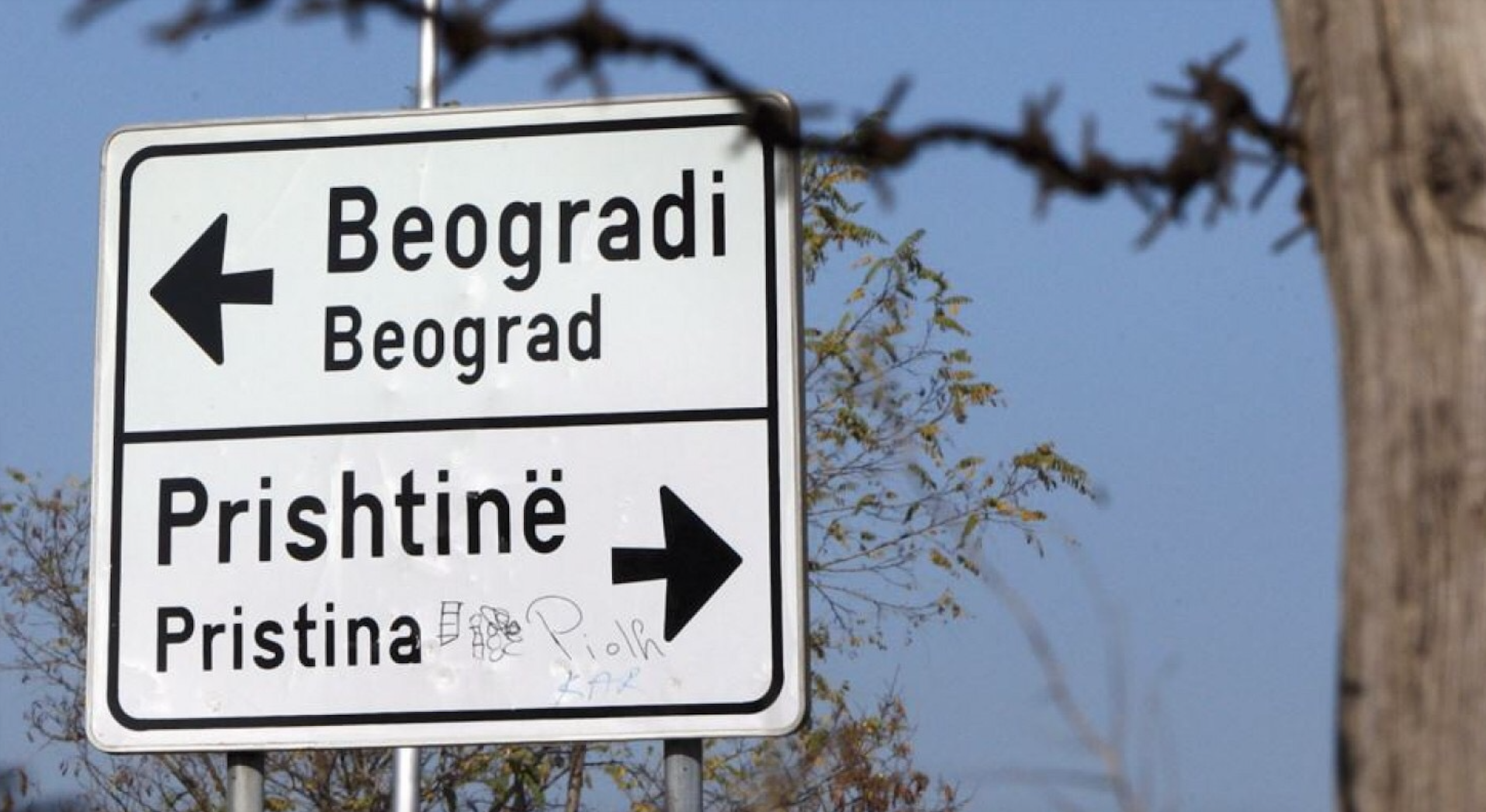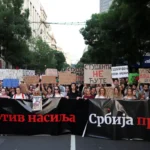Prime Minister of Kosovo Albin Kurti said that the project of the Community of Serbian Municipalities, proposed by the EU and the US, is “much better” than the previous ones, but Pristina is not entirely satisfied with it and will send its reservations to the EU’s special envoy for dialogue, Miroslav Lajcak. Kurti said that due to confidentiality considerations, he could not talk about the details of the project or the reservations, adding that he passed them on to Lajcak through Pristina’s chief negotiator, First Vice Prime Minister Besnik Bislimi. Also, Kurti reiterated that he agreed to sign the document proposed by Brussels and Washington only as part of the package, which includes the Basic Agreement, the Implementation Annex, as well as the project, on which he previously submitted reservations, adding that it also contained a request for Kosovo to receive the status of a candidate for the EU membership and begin the path toward joining NATO.
Another very sensitive topic is now being discussed in Pristina. Kosovo’s Justice Minister Albulena Haxhiu said Prime Minister Albin Kurti, President Vjosa Osmani, and Parliament Speaker Glauk Konjufca have decided to go to court accusing Serbia of genocide. The Kosovo government is launchin an institute to look into Serbia’s crimes in Kosovo during the 1998-1999 war and has appointed its executive director. Regarding this, the Prime Minister of Kosovo believes that in order to build the future, it is necessary to solve the painful problems of the past, and that the struggle with the past is a healing process. According to him, war crimes, crimes against humanity, and genocide are not “the past” because they have no statute of limitations, and Serbia must be held accountable for the crimes committed during the Kosovo war. At the same time, the Minister of Justice of Kosovo emphasized that due to the sensitivity of the issue, she could not provide all the details, adding that the matter is taken very seriously.
In the meantime, it seems that the policies of the Kosovo prime minister are bearing some fruit in the north of Kosovo. As of November 1, a total of 733 vehicles from northern Kosovo with license plates deemed “illegal” by Pristina have been re-registered, Kosovo police said. The Ministry of Internal Affairs of Kosovo believes that the mass re-registration of vehicles in the north of Kosovo happenned because the north no longer has such influential criminals in place as Milan Radojicic and others. Today in four northern municipalities, there are police officers who faithfully protect law and order and fight against smuggling, criminal and terrorist groups. Experience shows that the majority of former police officers were themselves part of the criminal world and smuggling, believes the Minister of Internal Affairs of Kosovo, Xhelal Sveçla. The possibility of re-registration of vehicles with Serbian license plates with the abbreviations of Kosovo cities to RKS license plates is open through December 1.
In addition, Kosovo Prime Minister Albin Kurti together with Defense Minister Ejup Maqedonci received the CEO of the leading Turkish defense company Baykar, Haluk Bayraktar. During the meeting, Kurti and Bayraktar discussed new opportunities for cooperation. Kurti emphasized that over the past two years, the Kosovo security forces have made significant progress in terms of combat capabilities. In this aspect, in addition to more than doubling the budget for the Ministry of Defense, excellent cooperation was established with the Turkish company Baykar and the government of the Republic of Turkey, from which Pristina purchased TB2 drones and other modern military equipment.
Thus, the prime minister of Kosovo is making the most of the situation of the foiled criminal invasion of Banjska late September, which saw widespread international condemnation of the militants led by one of the local Serbian leaders, Radojicic. Against the background of that incident, Kosovo’s negotiating position has improved, while that of the Serbian side has significantly worsened. President Vučić was apparently forced to insist on the resignation of the head of the Security and Information Agency of Serbia, Vulin, not only because of the latter being designated by the U.S. administration, but also because of his responsibility for the armed provocation in the north of Kosovo. Although Radojicic immediately declared that he acted independently, the head of Serbia’s main secret service a could not have been unaware of this. Kurti received additional trump cards from these developments, as he often spoke about Belgrade’s reluctance to resolve the problems through negotiation. Now even the incident involving Albin Kurti accusing Miroslaw Lajcak of a pro-Serbian position is not so ridiculous. In Brussels, there are more and more supporters of increasing pressure on Belgrade, the need for which was mentioned earlier by the Prime Minister of Kosovo. It is obvious that the scandalous accusation was the reason why Kurti did not meet with Lajcak, who arrived in Pristina for negotiations. They were attended by First Vice-Prime Minister B. Beslimi, while Kurti, who was “busy” at the time, did not have to apologize for the undiplomatic accusations of the EU special envoy for dialogue.
Meanwhile, Brussels and Washington remain of the opinion that Pristina cannot set conditions under which it will decide on the creation of the Community of Serbian Municipalities, as the U.S. ambassador to Kosovo has already stated. Nor has anyone “forgotten” Kurti’s relatively recent trip to North Macedonia without an official invitation from Skopje to participate in local Albanian opposition events under the flag of Greater Albania. So the Kosovo prime minister finally partially understood the benefit of meeting the demands put forward by Brussels and Washington regarding the need to accept compromises. In Pristina, officials feel that Belgrade is not ready for compromises, and perhaps it has been only about showing readiness, but without taking a decisive step. Therefore, now the game is about “who blinks first”. Vučić has a much more difficult position regarding the de facto recognition of Kosovo, so Pristina also began to play the game of readiness for compromises if the other side actually takes a counter step. And it seems that Belgrade will probably never do this, and then the Serbian side will be blamed for everything, while the Kosovo prime minister will pursue a firm, not a compromise, policy.
When Serbian authorities are officially accused of the genocide of Kosovo’s Albanians during the 1998-1999 war, this will cause serious irritation on Vučić’s part. It is obvious that counter-steps will be taken in accusing the Kosovar Albanians of expelling the local Serbs. Although the scale is not comparable, such cases were not unique. When BiH accused Serbia of genocide, including over Srebrenica, Serbia put forward counter-accusations. As a result, neither the previous nor the latter charges were accepted for trial. Before that, there was a similar situation where Serbia was accused of the genocide of Croats – also to no avail for Zagreb. But this finds serious public support and helps the incumbent authorities demonstrate determination in protecting national interests.



